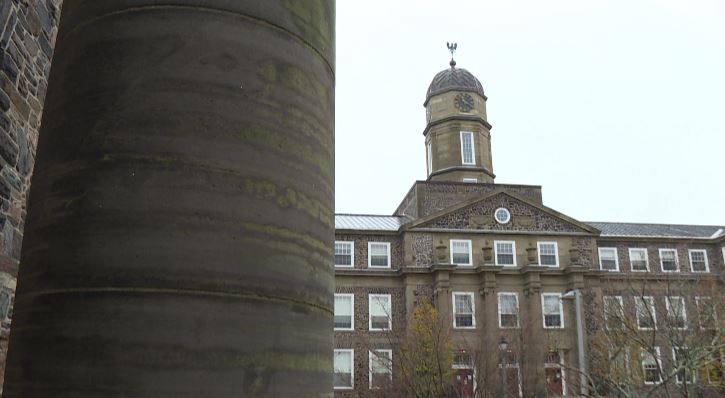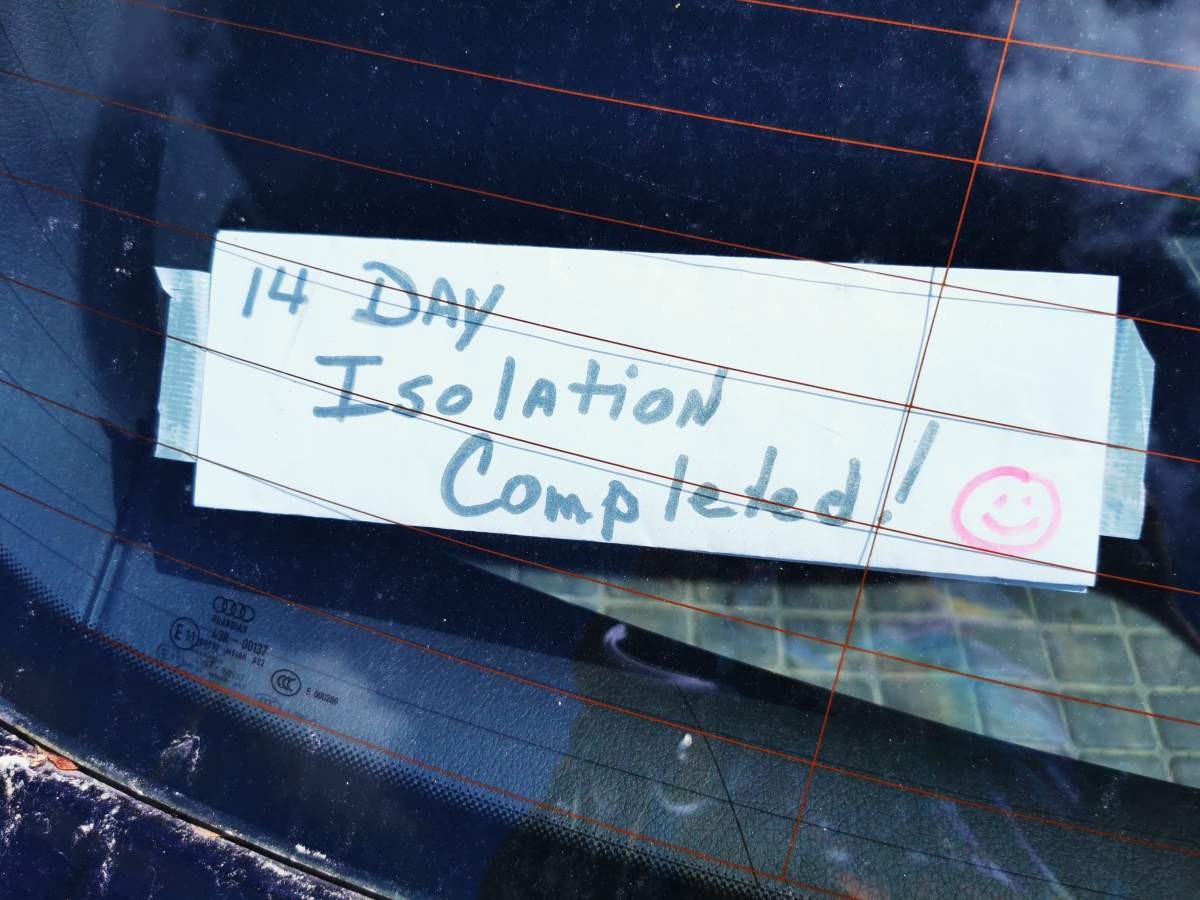While the Halifax Regional Municipality settles into a second round of targeted lockdowns, a Dalhousie University professor says people across Canada are experiencing a third wave of COVID-19-related stigma and discrimination.

“There’s a lot of talk going around about the 18- to 35-year-olds as being the proponents of this newest lockdown, but in all these cases about trying to blame or identify someone as being the cause of this … where the real harm comes (is) to those communities,” said Robert Huish, an associate professor of international development studies at Dalhousie University in Halifax.
Huish is leading a study that records and examines the harmful role social stigma and discrimination is playing throughout the pandemic.
The survey is open to anyone who feels they’ve encountered a negative experience associated with stigma as a result of the coronavirus pandemic.
“We’ve heard a lot from people who are out of province, we’ve heard from essential workers as well. And we’ve heard from some people who appear to be of Asian descent,” Huish said.
Huish says in early spring, many participants were victims of racial harassment, particularly those living in the Vancouver area.

Get weekly health news
“The hate crimes unit there reported a spike of 878 per cent of reports coming in against persons of Asian descent,” he said.
When summer hit, Huish says survey participants reported being ‘plate shamed’ and having to leave notes on their vehicles stating that they’ve completed isolation periods.
“People being aggressive in parking lots, microaggressions in stores, very aggressive road behaviour and vandalism of cars,” Huish said.
Now, Huish says the ‘blame game’ has shifted towards young people.
Former Halifax mayoral candidate Max Taylor recently posted on social media, calling for people to stop blaming young people for going out to bars and restaurants while the provincial government allowed them to be mostly open.
“We followed the rules by going to these bars downtown at certain times because the bars were open and now we’re getting shamed for it,” Taylor said.
Taylor says people should focus on encouraging one another to get tested, not shame them for supporting the food and beverage industry while they were open under public health measures.
As for the 60-plus person house party that took place in Halifax last weekend, Taylor said it was a “terrible idea. Nobody should do that.”
Both Huish and Taylor are of the mind that people should not feed into the echo chamber of stigma and shaming.
READ MORE: Canadians of Chinese ethnicity report widespread racism over coronavirus: survey
“When we exclude people by any category or measure, the likelihood of that group wanting to participate and engage in public health measures also goes down,” Huish said.
“I think there needs to be a lot less shaming and a lot more applause for the people who do stand in the cold for hours waiting to get a swab shoved deep in their nose,” Taylor said.












Comments
Want to discuss? Please read our Commenting Policy first.